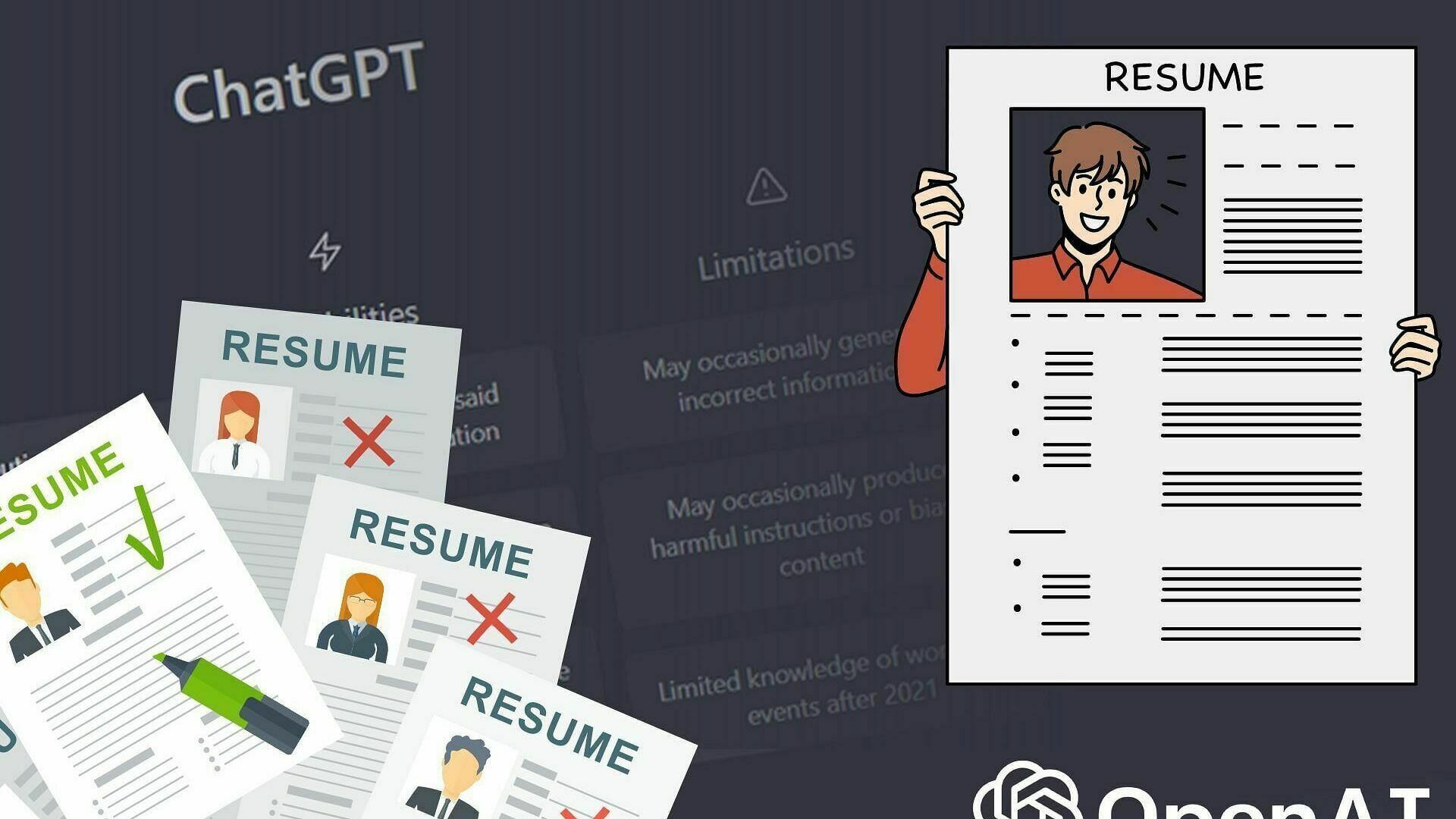Posted 23 января 2023, 09:15
Published 23 января 2023, 09:15
Modified 23 января 2023, 11:03
Updated 23 января 2023, 11:03

Question of the day: are neural networks already capable of managing states?
Leonid Zlotnikov
Digital reality is becoming such an everyday part of our lives that news from this area surprises few people.
So, the message that the chat bot ChatGPT with artificial intelligence easily passed the MBA exams at the University of Pennsylvania did not become a global sensation. In addition, the neural network still managed to get a doctor's and lawyer's license.
Moreover, ChatGPT managed to find a job — artificial intelligence was invited to an interview with a consulting company!
The founder of the company decided to check whether it was possible to deceive his HR-s with the help of a neural network and he succeeded — recruiters liked the resume written by ChatGPT more than 80% of other applicants.
If you are looking for a job, you know who to entrust the preparation of your resume.
It is noteworthy that this bot is only a few months old, and it was financed by an American entrepreneur, millionaire and investor Sam Bankman-Fried, who at the end of last year brought down https://t.me/investingcorp/4361 the crypto market with the help of the FTX exchange, pocketing billions of dollars of other people's money, and therefore was arrested in the Bahamas and extradited to the United States.
The neural network would cope with the leadership of Belarus better than the current government
Belarusian journalist Dmitry Navosha writes in his blog about what this state of affairs really threatens a person with:
"It is easy to miss what is happening in the world behind all the political events – and interesting things are happening. Microsoft is cutting 10,000 people, including thousands of programmers. And at the same time, on the same days, he invests 10 billion in OpenAI, the creator of ChatGPT, a neural network with artificial intelligence.
For those who are in the tank: ChatGPT is strikingly cool, gives detailed answers to any questions, writes essays and legal queries, and even basic code (for example, SQL). If you haven't read it, then Google it, for the second month the whole world has been talking about it with (perhaps a little exaggerated) delight.
Of course, OpenAI is not alone – there are many competitive chatbots and neural networks, including Google (which also announced cuts of 12,000 people today).
Generative neural networks are the topic of the coming years, and the topic is probably almost the same strength as the Internet once was. It will change a lot of things – jobs, companies, even countries. Neural networks and AI make (and will get better, the bifurcation point is already close) text, visual, music, program code. Cars are starting to drive. When they say that an average neural network (trained on a sufficient amount of material) would manage, for example, Belarus much better than the current team of three-bit sycophants, he does not fantasize at all. So it is..."
Only the art will be left for people
Linguist Yuri Polyakov adds color to the picture of our near future:
"An artist will draw better (especially fingers), and a good translator will translate better than a neural network - this is true (for now, and perhaps for quite a long time). But who told you that this "better" would be universally needed? The quality of translation, which is considered massively acceptable, has fallen on average across the planet, again, fundamentally. The query in B2B "we don't need perfect, we need it so that it is clear to us" is much more high-frequency than "perfect".
The general principle is that the "toy" is already suitable not only for Alibaba. There are several reasons for this.
Firstly, because the amount of information is growing exponentially and human hands can no longer structure, localize, design and present it to the consumer. This is no longer possible purely statistically (everyone has already understood and given up on quality), and something needs to be done with the information.
There are two ways here: to automate everything that is possible, up to automation processes, and to lower the bar of "quality" (read the degree of information processing) to the minimum possible and even a little lower.
Secondly, any automatic system very quickly becomes cheaper than any human intervention. no matter how much the process of its development and other R&D. costs. With a multibillion-dollar repeatability of processes, their cost price tends to zero along the same hyperbolic curve, only with the opposite sign. After all, Google has been developing its system for 20 years, and evolution has been working on our brain for all 3 billion years, and it still needs to be fed and entertained, it's expensive.
And thirdly, averaged algorithms are more profitable on really large arrays of information, since huge arrays will be made fairly accurately, and it is easier and cheaper to neglect cases that break out of the average sequence.
Of course, there will always (or for a long time) be something that a person will do better - art, linguistics, perhaps some kind of analytics, empathy as a business model, etc. but not because the machine does worse, but simply because a person likes it that way.
Thus, I believe, there will remain a premium class of businesses in all areas, which will form the basis of "made by man" marketing. This is good, but counting on it as a career is dangerous, specialists will need an order of magnitude less than those present on the labor market.
Theory tells us that almost everything lends itself to utilitarian automation. Not only linguistics as an information coding system, but also programming and data analysis, and even storytelling and plotting.
However, the fingers on them will not be very clear, and it may be funny to us..."